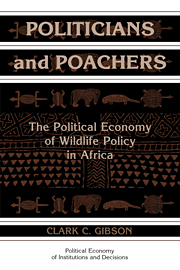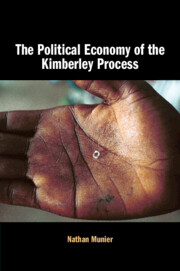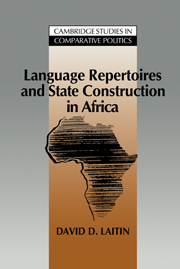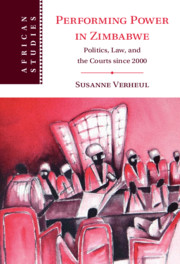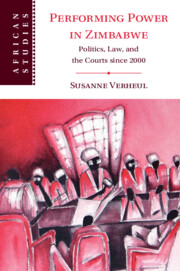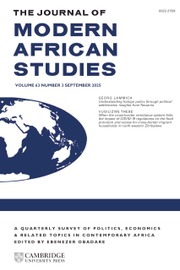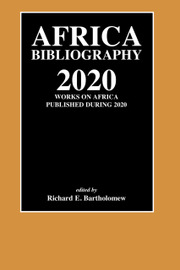Politicians and Poachers
Although wildlife fascinates citizens of industrialized countries, little is known about the politics of wildlife policy in Africa. In this innovative book, Clark Gibson challenges the rhetoric of television documentaries and conservation organizations to explore the politics behind the creation and change of wildlife policy in Africa. This book examines what Clark views as a central puzzle in the debate: Why do African governments create policies that apparently fail to protect wildlife? Moving beyond explanations of bureaucratic inefficiency and corrupt dictatorships, Gibson argues that biologically disastrous policies are retained because they meet the distributive goals of politicians and bureaucrats. Using evidence from Zambia, Kenya, and Zimbabwe, Gibson shows how institutions encourage politicians and bureaucrats to construct wildlife policies that further their own interests. Different configurations of electoral laws, legislatures, party structures, interest groups, and traditional authorities in each country shape the choices of policymakers - many of which are not consonant with conservation. This book will appeal to students of institutions, comparative politics, natural resource policymaking, African politics, and wildlife conservationists.
- No other current, systematic study of the politics of conservation in Africa is available
- Uses electoral, archival, and interview data to test theory
- First book to use theoretical tools of the new institutionalism to address African wildlife conservation
- Interviews of different key players at multiple levels - president of country, wildlife scout, poacher, member of parliament, party boss, etc.
Reviews & endorsements
"This is a thoroughly researched and carefully argued examination of an important, even fascinating, subject: the contemporary crisis of wildlife management in the face of a decades-long poaching onslaught. The book is well presented by Cambridge University Press. It will have great interest ofr readers of the Cambridge series in which it appears. Political Economy of Institutions and Decisions, due to its successful extension of theoretical concerns deriving from the study of the developed world's constitutional and parliamentary systems to the one-party and 'strong man' regimes of postcolonial Africa." International Journal of African Historical Studies
"...[an] innovative study..." Foreign Affairs
"This interesting and insightful book on the political economy of wildlife policy in Africa is an important contribution to the literature not only on African politics but also on the role that institutions play in shaping behaviour and decisions." American Political Science Review
"...This book would provide good background information for anyone interested in the politics,economics,or wildlife policy of Africa during the independence period....appropriate for undergraduate and graduate collections." Della Darby, Journal of Government Information
"For the most part, Gibson's analyses are insightful and convincing. He provides fine detail on how patronage-seeking politicians of the one-party state system combined with a declining economic situation to generate a wide spread shadow market in wildlife products." The Professional Geographer
Product details
June 1999Hardback
9780521623858
262 pages
236 × 158 × 23 mm
0.5kg
4 b/w illus. 4 maps 6 tables
Available
Table of Contents
- 1. Politics, institutions, and animals: explaining content, continuity, and change of African wildlife policy
- 2. Unkept promises and party largesse: the politics of wildlife in the independence period
- 3. The political logic of poaching in one-party states
- 4. The conservationists strike back: 'community-based' wildlife policy and the politics of structural choice, 1983–91
- 5. The consequences of institutional design: the impact of 'community-based' wildlife management programs at the local level
- 6. Conclusion: the political economy of wildlife policy in Africa.

